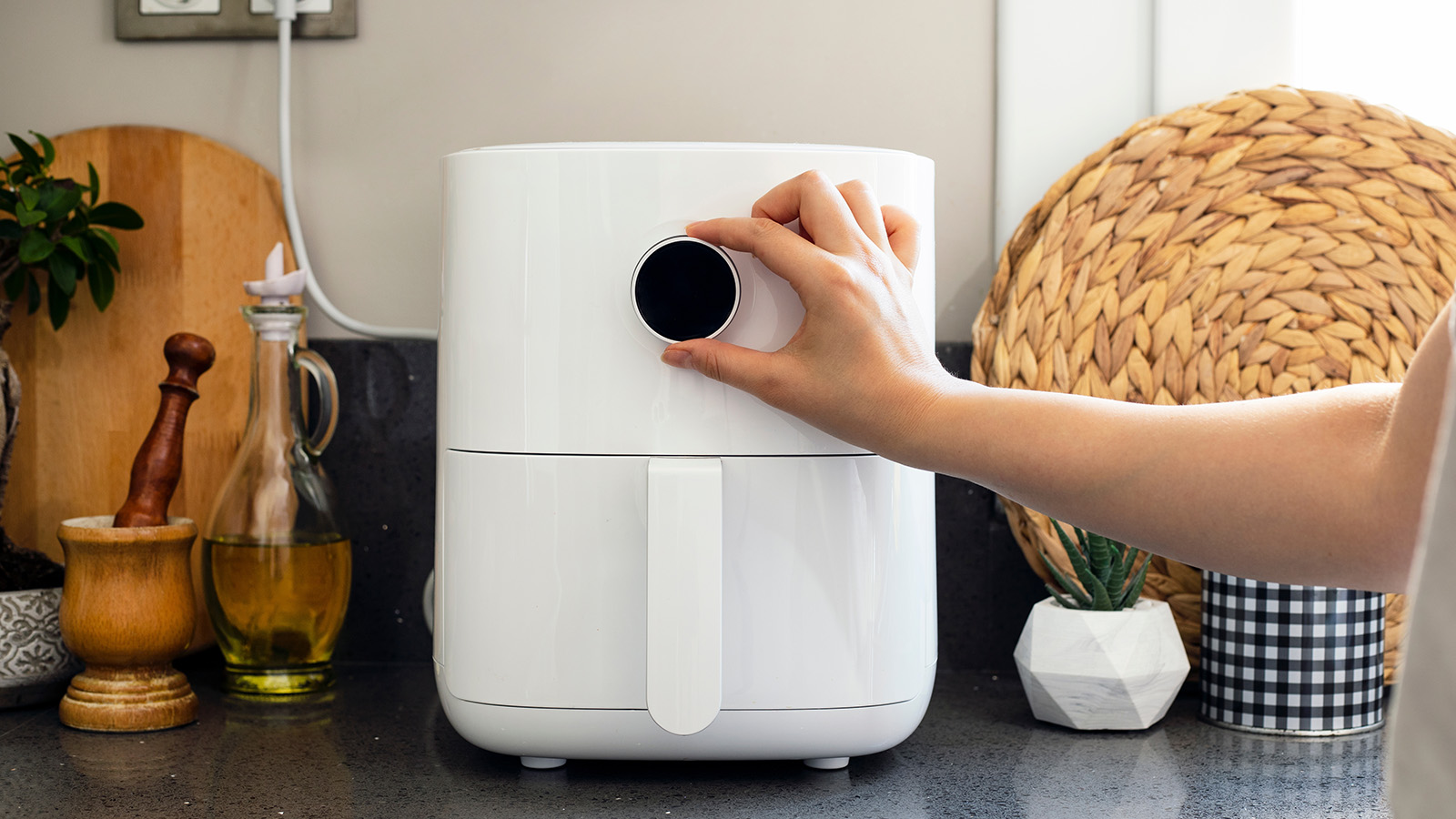
Air fryers have fast become a kitchen essential, and just like any home tech, they're only getting smarter. But while the vast majority of air fryers don't come with app compatibility or voice controls, a new report from U.K. consumer advocacy group Which? has found that a number of "smart" air fryers are asking to access sensitive data "for no specified reason."
It's all too easy to pace through the setup of your new gadget, clicking "Approve" without fully checking what it is you're giving apps access to. It turns out that even with air fryers, that could be a mistake.
Sharing a new report on data use in air fryers and more home tech, Harry Rose, magazine editor at Which? argues that more transparency is required. “Our research shows how smart tech manufacturers and the firms they work with are currently able to collect data from consumers, seemingly with reckless abandon, and this is often done with little or no transparency."
It's worth noting the organisation's research only applies to a very select few air fryers that come with app compatibility, and even if you own one of the affected models, there are some simple ways to keep your data secure when using a smart appliance. Here's how.
Which air fryers are affected, and what do they know?
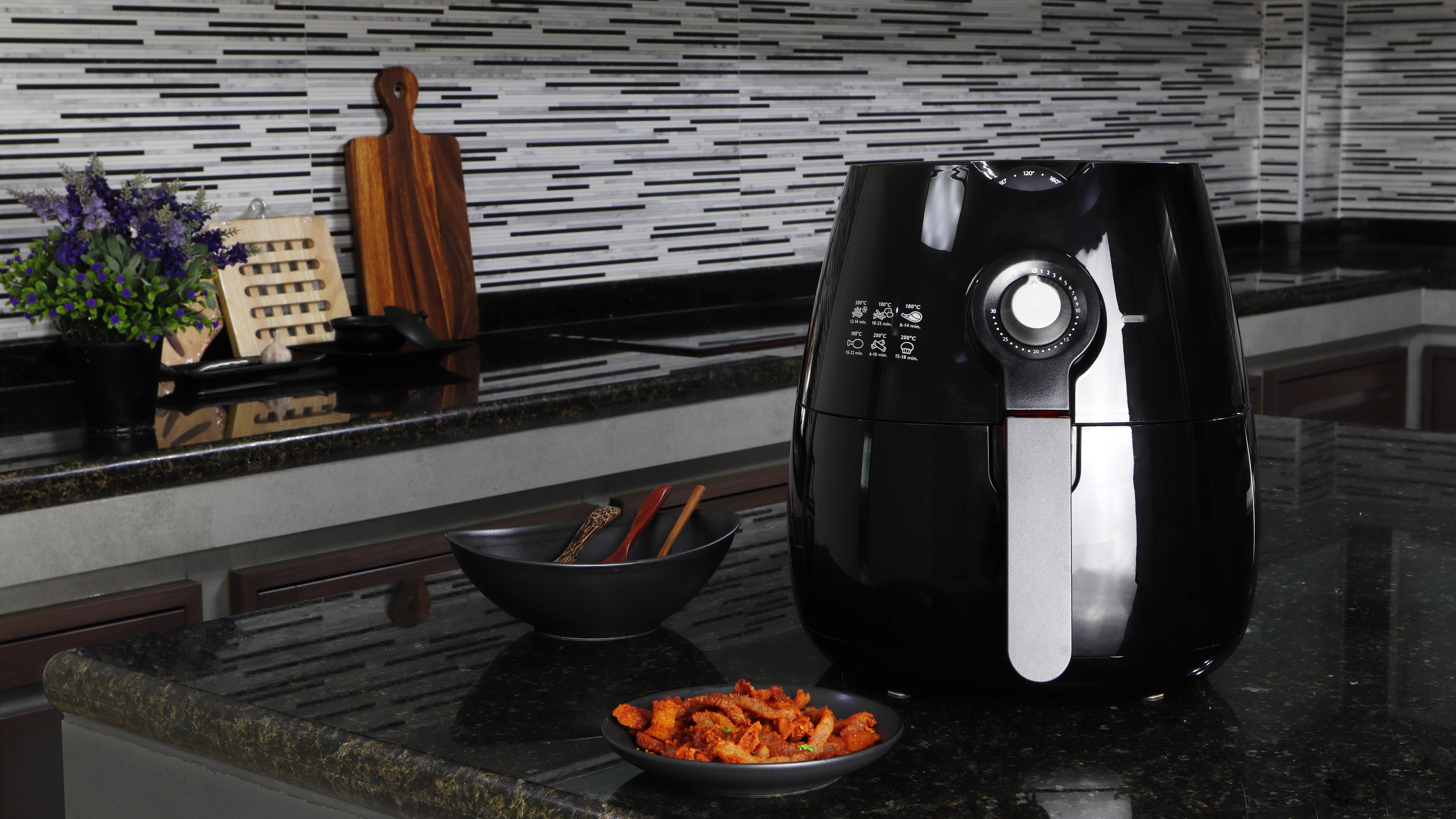
Research by Which? found that three Chinese air fryer brands, Xiaomi, Tencent and Aigostar, were seeking permission to record audio from users' phones when setting up their new app-compatible gadgets. The report also found that the Aigostar air fryer needlessly asked for users' gender and date of birth during setup, although it was possible to override this request.
All of the devices tested in the report, including smart watches and speakers, wanted to know precise location data. Which? also reported that the Aigostar and Xiaomi air fryers tested sent personal data to servers in China, which was mentioned in the privacy notice. The research was carried out on Android devices, with Which? noting that there will be differences between Android and iOS devices.
It's important to note that there are no allegations of illegality in the report, with Xiaomi commenting: "the permission to record audio on Xiaomi Home app is not applicable to Xiaomi Smart Air Fryer which does not operate directly through voice commands and video chat".
Should you be concerned?
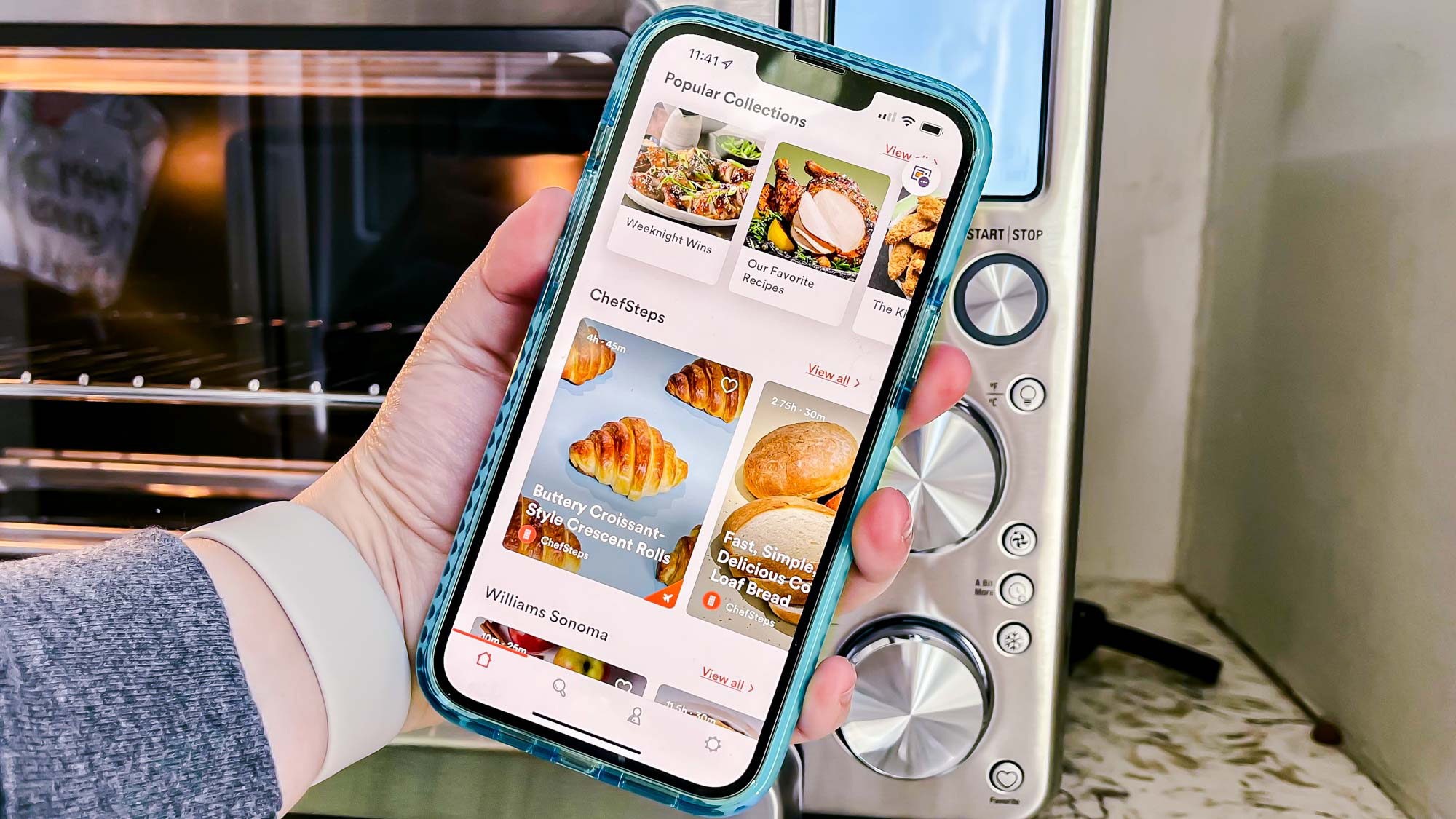
On iOS and Android, you can review permission requests before downloading an app, and check what each app has access to in your settings.
So if you're wondering if your air fryer is spying on you, the reality is that it's unlikely you have anything to worry about. What the report does show is that people are concerned with giving away their data, and don't always trust that it's being handled safely. In the U.K., the Information Commissioner’s Office (ICO), will be issuing new guidance in early 2025 regarding data protection in smart home products. In the U.S., the Consumer Financial Protection Bureau (CFPB) is asking Congress for more power in tackling data brokers that sell personal data, such as the data collected by some smart home apps.
Of course, there are plenty of legitimate reasons why manufacturers could benefit from accessing some data. Knowing how often you use certain settings, for example, will mean your appliances alert you when they require cleaning, or tailor interfaces to offer your most popular pre-sets by default. Your exact location or date of birth though? That's probably not going to result in a better washing cycle or a crispier French fry.
In the meantime though, it's worth opting for not-so-smart appliances if you're concerned about your personal data — especially for products like air fryers, which can operate perfectly well without use of an app.
How to stay safe
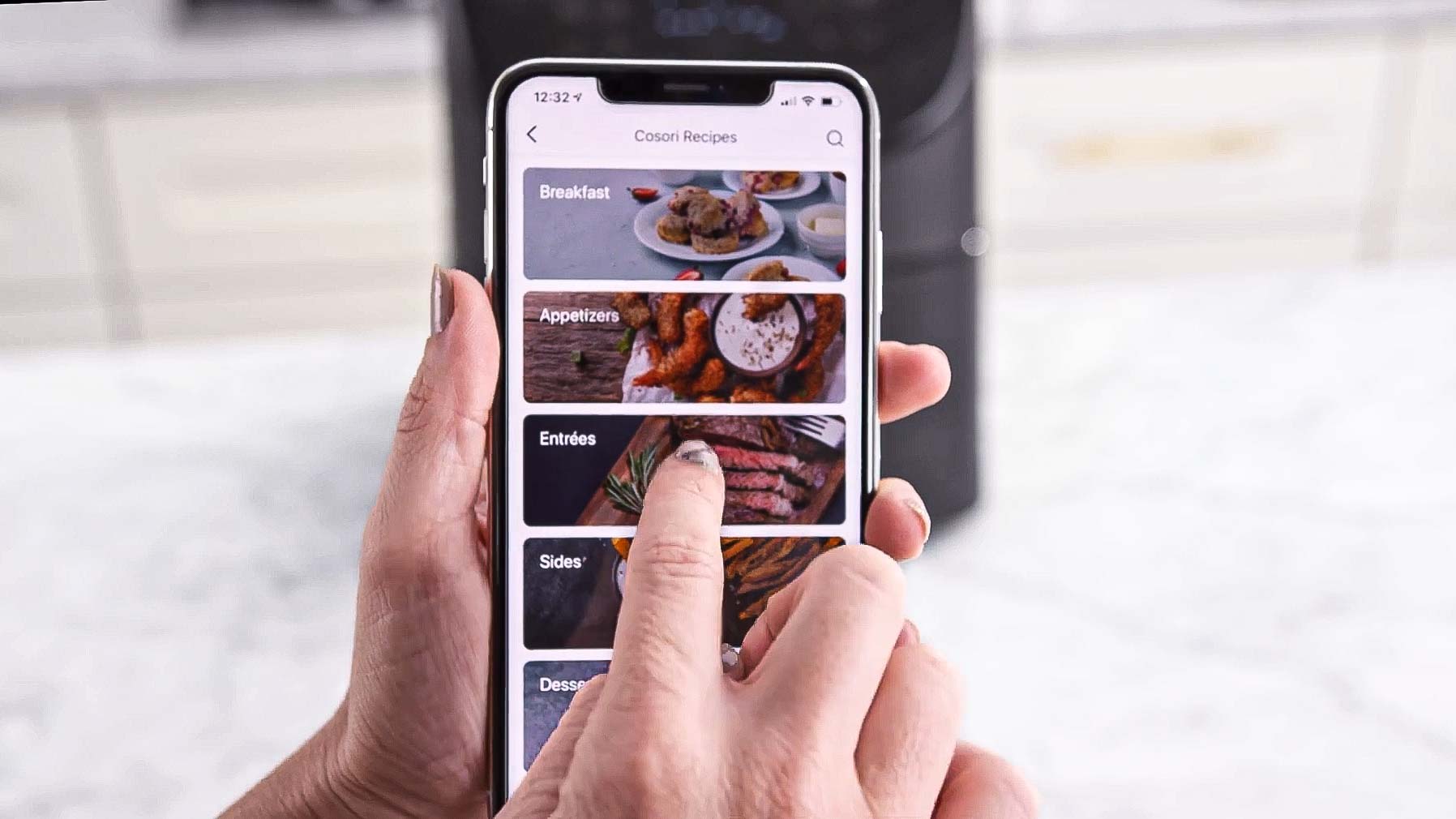
I've been testing the best air fryers for five years, and as part of this I've installed a number of apps on my (Android) phone to test smart features and app-compatiblity. I've even tested air fryers from Xiaomi. Should I be concerned, and should you? For more context, I asked Anthony Spadafora, Tom's Guide's Managing Editor for Home Security, for advice.
"Smart home devices — and especially the cheaper ones — have a reputation for being insecure and for good reason", he told me. "Many of them use default passwords instead of letting you change them and some request access to unnecessary permissions to gather data on you and your household.
"There is one simple way to prevent your smart home devices from spying on the rest of the tech you have at home though. Instead of having them on your main Wi-Fi network, you want to put them on their own separate network. Many of the best Wi-Fi routers and mesh Wi-Fi systems let you create another network just for your smart home devices. If yours doesn’t, don’t worry as there’s another way to do the exact same thing.
"When it comes to setting up a guest network on your router, you might be thinking about your relatives or even others coming over to work on your home that may need Wi-Fi access. However, just like you might keep someone off your main Wi-Fi network, you can also keep your smart home devices off of it as well.
"To do so, just set up a guest network and when you add a new smart device you feel less than trustworthy about, have it connect there instead of on your main network. Keep in mind though that with a Google Chromecast or other devices that need to see what else is on your network, this will be less than ideal. Instead, think of it as a way to sequester what could be a dodgy smart home device from an unknown brand so that if it does come pre-installed with malware, it won’t be able to infect the rest of your devices or intercept the data they send back to your router."
How to check what data you've shared
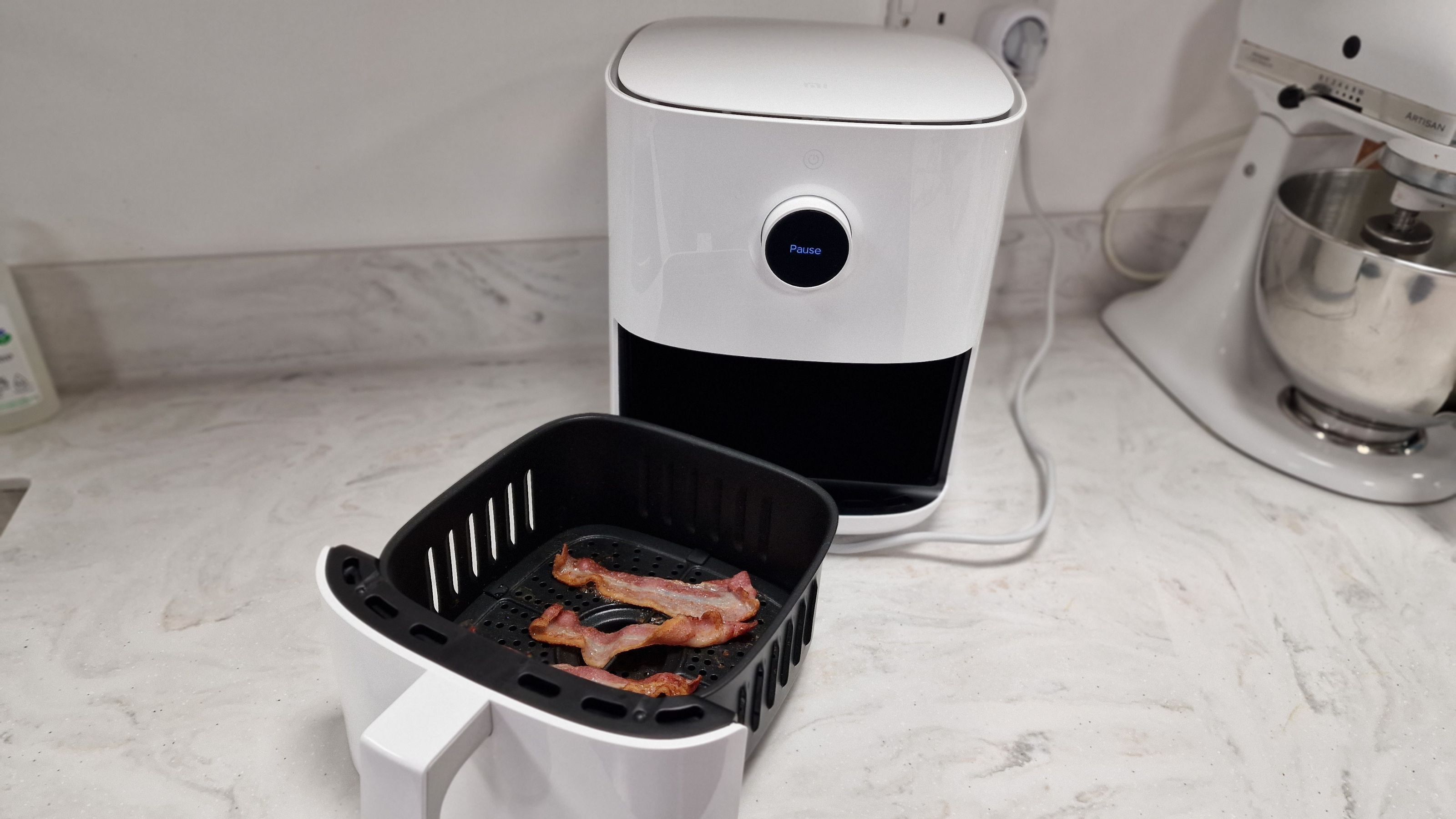
Personally, I see no real reason to invest in a smart air fryer just yet. Until they're clever enough to open your freezer and add French fries to their own basket, all you'll get from these fryers is tailored recipes (millions of which you can find with a quick Google search) and reminders to shake your food midway through cooking (which many air fryers offer without use of an app, anyway).
If you're concerned that you may have shared more than you'd like with a smart appliance, you can take a look at the permissions required before downloading an app, and you can also monitor the level of access you may have unwittingly given to apps in your privacy settings.
You can also deny access to location settings, camera, voice recordings and other data when setting up a new app, although in some cases this may impact performance and the features on offer.







